A UK listing of United Biscuits remains the number-one option for the McVitie’s owner despite being locked in sale talks with a group of international trade buyers.
UB is ploughing on with a dual-track sale process, with its private equity owners Blackstone and PAI Partners exploring both a stock market float and a private sale.
Three suitors are believed to have been shortlisted after submitting bids valuing UB in the region of £2bn - Kellogg’s, Ontario Teachers’ Pension Plan-owned Burton’s Biscuits and Turkish food group Ülker. Philippines-based San Miguel Group and Italian group Ferrero have also been linked with the auction.
Despite the credible bids on the table, it is understood that the UB’s owners remain minded to push ahead with a 2014 London listing, as reported by The Grocer in August.
This week it emerged that the bank had picked Nomura as bookrunner for its potential IPO, with Investec and Canaccord Genuity as co-lead managers. The trio will support Goldman Sachs and JP Morgan, who were hired to explore strategic options for the business, in the event of a float.
Before the bidding process kicked off market observers felt the public markets would probably pay a higher multiple for the maker of Hobnobs and Jaffa Cakes - however, the rumoured £2bn bid valuations come in at around 12 times the company’s 2013 EBITDA of £164.1m seemingly making a trade sale a viable option.
One City source felt odds on a sale or float were closer to 50/50, noting the huge potential synergies of a Kellogg’s or Burton’s Biscuits deal, though acknowledging the 12x evaluation would be “racy” for a private sale.
A company source previously said the City’s reaction to a potential IPO had been “pretty good”, but another M&A source felt the public markets might have limited appetite for UB.
“Investors and analysts won’t have forgotten when UB was just about the most hated stock on the market,” he said. “Also, while it churns out great cashflows, but it doesn’t necessarily have that compelling growth story that investors are looking for at the moment.”
This lack of explosive growth is illustrated by its UK accounts which were filed at Companies House last week.
While United Biscuits (UK)’s 37.5% fall in operating profit before interest and tax in 2013 was primarily due its sale of KP snacks last year, the figure was still 13.4% down year on year with the contribution of KP filtered out. Turnover fell 19.5% to £907m, but was up 4.5% without the impact of KP.
UB previously revealed a 3.4% fall in business profit (earnings before depreciation, amortisation and tax) at an international group level factoring out the impact of KP, explaining that “2013 saw continued challenging market conditions with a slow return of consumer confidence but, as yet, little sign of economic recovery creating an increase in spending on snack products.”
It added in its annual report that the lower profit in part reflected “record levels of investment in its sites… particularly in machinery that enables it to easily amend pack sizes for some products so that UB can hit key price points to meet consumer demand.”
Sign in to comment on this article
Not logged in before? Register for FREE guest access today.
You will be able to:
- Read more stories
- Receive daily newsletters
- Comment on stories
Advert








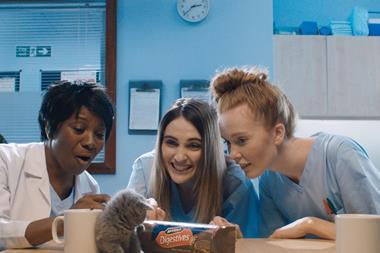
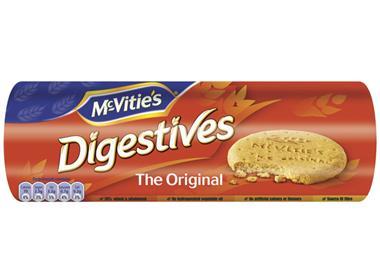
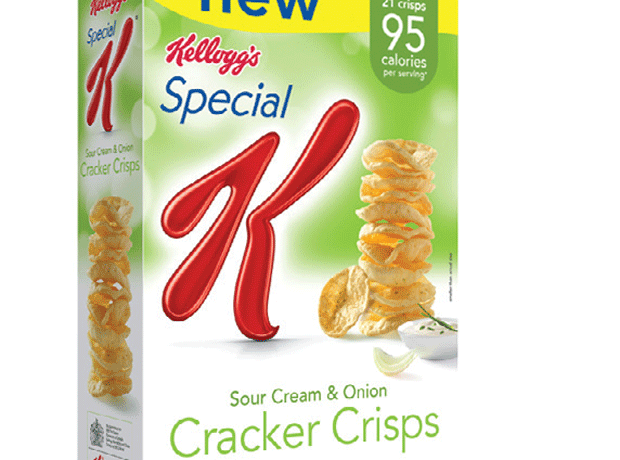
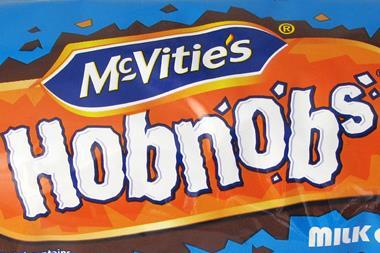






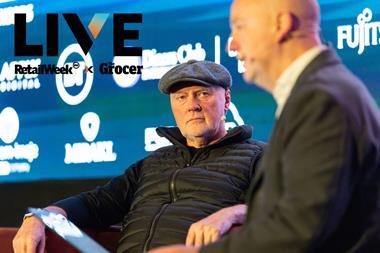
No comments yet